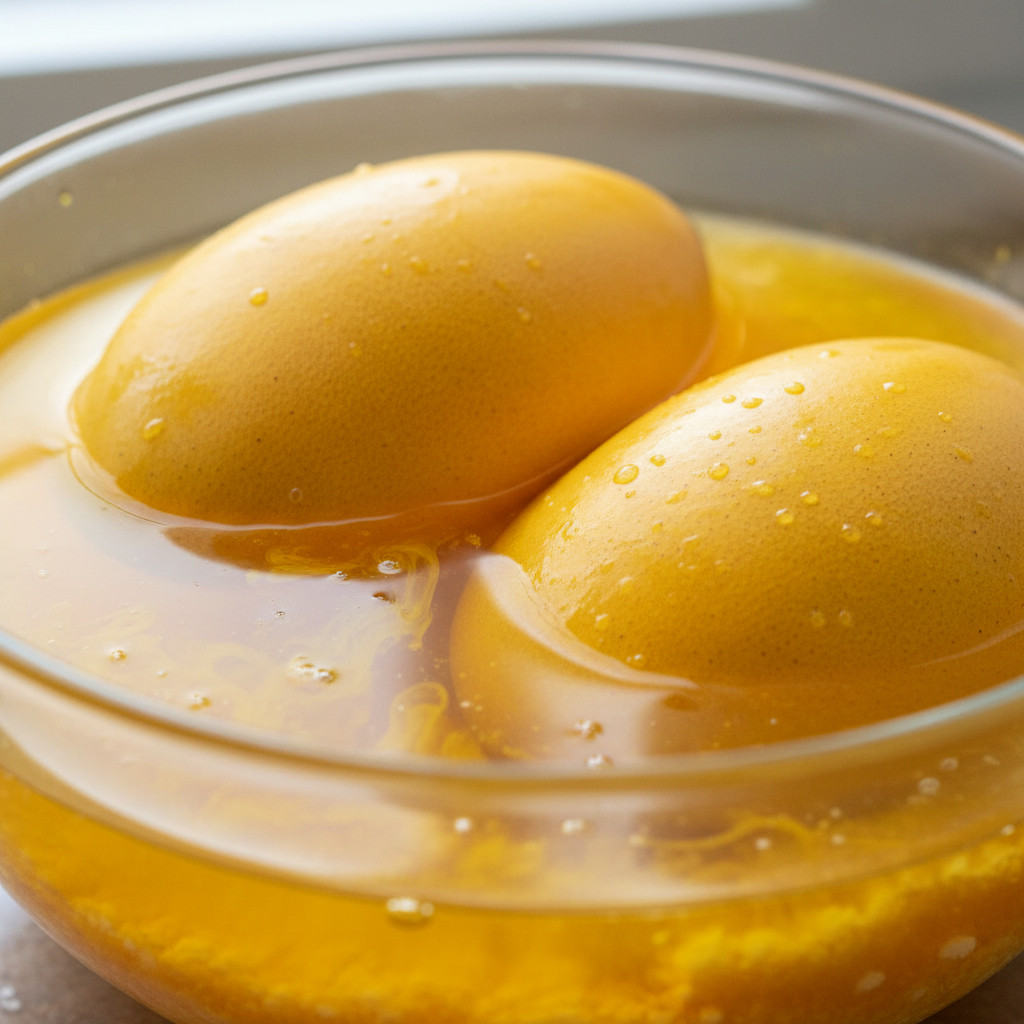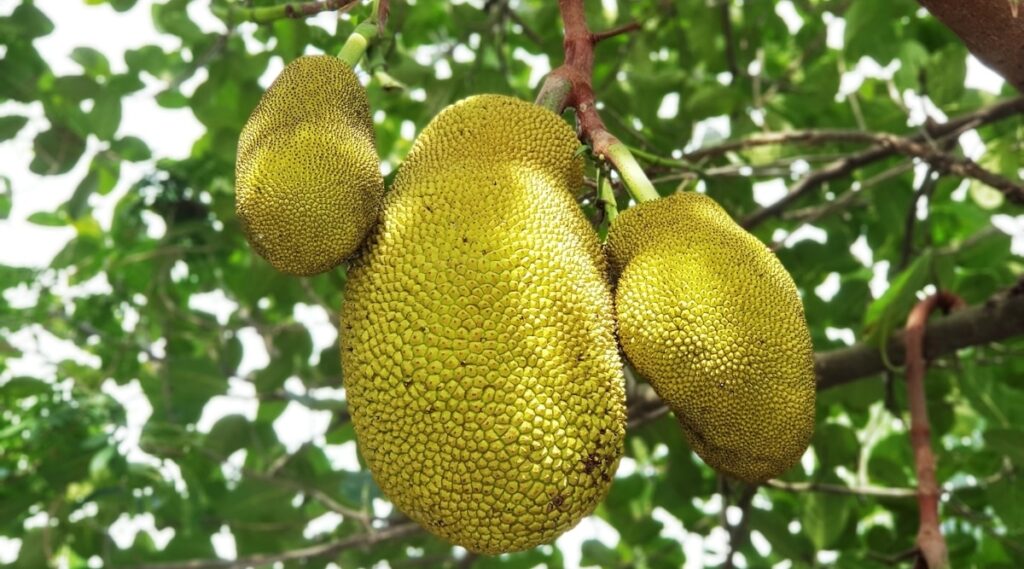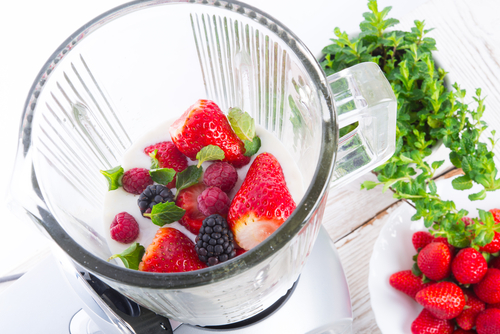Fruits that grow in the warm, moist areas around the world’s middle are called tropical fruits. These places usually have a lot of rain and sunshine, and the soil is very good for growing plants. People love tropical fruits for their bright colors, interesting tastes, and good nutrients.
Table of Contents
- What Makes Tropical Fruits Special?
- Is Guava One of These Tropical Fruits?
- Where Does Guava Come From?
- What Conditions Do Guava Trees Need?
- What’s So Good About Guava?
- Why Should You Eat Guava?
- How Can You Use Guava?
- Some Tasty Guava Dishes
- Choosing and Keeping Guava Fresh
- Fun Guava Facts
- Wrapping Up
- Frequently Asked Questions (FAQs)
- Can guava be eaten with the skin?
- Does guava have any potential allergic reactions?
- Can guava seeds be eaten?
- Is guava beneficial for digestion?
- Can guava be grown in a home garden?
What Makes Tropical Fruits Special?
Tropical fruits have things in common that make them different from fruits that grow in colder places. They are typically very juicy and have a range of flavors from sweet and tangy to something really special and tropical.
These fruits are full of important things like vitamins, minerals, and things that stop bad chemicals called antioxidants. They not only taste great but they’re also great for you.
Is Guava One of These Tropical Fruits?
Yes, guava is a fruit that belongs in the tropical family. It grows best in warm places that are close to where it’s hot all year round.
Where Does Guava Come From?
The guava tree has been around for a long time. It started in Central America and the southern part of Mexico. After that, people started growing it in other warm parts of the world. Now, people grow guava in places like Asia, Africa, and South America, too.
What Conditions Do Guava Trees Need?
Guava trees love it when it’s warm – they do best in temperatures that are between 68 and 86 degrees Fahrenheit (20-30 degrees Celsius). High humidity is perfect for them. They’re pretty flexible about soil; they can grow in different kinds, but they like it best when the soil drains well.
What’s So Good About Guava?
Guava is packed with nutrients. It has a huge amount of vitamin C, which is way more than what most people need in a day. Plus, it has fiber, folate, potassium, and antioxidants. All these good things in guava help keep you healthy.
Why Should You Eat Guava?
There are lots of reasons why guava is good for your health. The vitamin C in guava can help your immune system, which fights off sickness, and helps make collagen, which is good for your skin.
The fiber in guava is good for your stomach and can help your body manage sugar better. And the antioxidants fight against harmful things in your body and might help with swelling and pain.
How Can You Use Guava?
There are many ways you can enjoy guava. It’s yummy on its own or mixed into salads and desserts. You can also make juices and smoothies or cook it into jams, jellies, and even meals. Guava can make things taste more tropical and goes well with both sweet and savory foods.
Some Tasty Guava Dishes
- Guava in a Smoothie Bowl
- Chicken Grilled with a Guava Sauce
- Cheesecake with Guava
- Cookies with Guava Jam in the Middle
- Guava Flavored Margarita
Choosing and Keeping Guava Fresh
When you’re picking guava, you should choose ones that smell good and are a little soft when you press them. They can be green, yellow, or pink, it depends on the kind. Stay away from guavas that are bruised or have lots of marks. Once they’re ripe, you can leave them out for a couple of days or keep them in the fridge for about a week.
Fun Guava Facts
- Some people call guava the “apple of the tropics” because it’s round like an apple.
- Guava has lots of tiny seeds inside, and you can eat them too.
- The leaves of the guava tree are sometimes used in traditional healing. They might help stop diarrhea and ease period cramps.
Wrapping Up
Guava definitely belongs to the group of tropical fruits. It’s known for its special taste and health perks. Guavas need to be grown in a place that’s warm enough to enjoy their juicy and aromatic flavor.
You can get creative and use guava in many recipes, or simply savor it fresh to get a taste of the tropics. Guava can turn an ordinary dish into an exciting tropical feast.
Frequently Asked Questions (FAQs)
Can guava be eaten with the skin?
You can eat the skin of a guava because it has nutrients too. But if it’s thick or tastes bitter, some people might peel it first.
Does guava have any potential allergic reactions?
Guava usually doesn’t cause allergies, but some people could be sensitive or allergic to it. If you don’t feel good after eating guava, you should get help from a doctor.
Can guava seeds be eaten?
Yes, you can eat the seeds of a guava. They’re tiny, a bit crunchy, and they go with the fruit.
Is guava beneficial for digestion?
Guava is very good for your digestion because it has a lot of fiber. This helps you stay regular and keeps your tummy happy.
Can guava be grown in a home garden?
If you live in the right climate, you can grow guava trees in your garden. They need space, sunlight, and care to grow and make fruits.
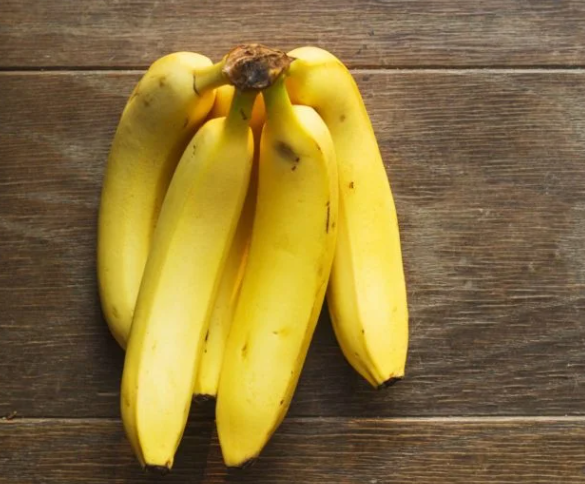
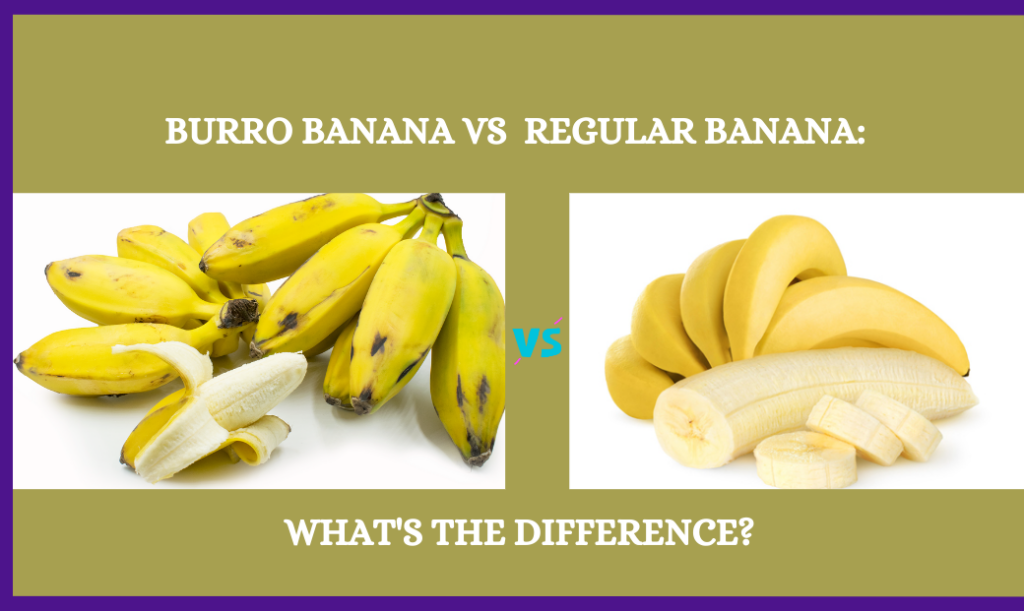
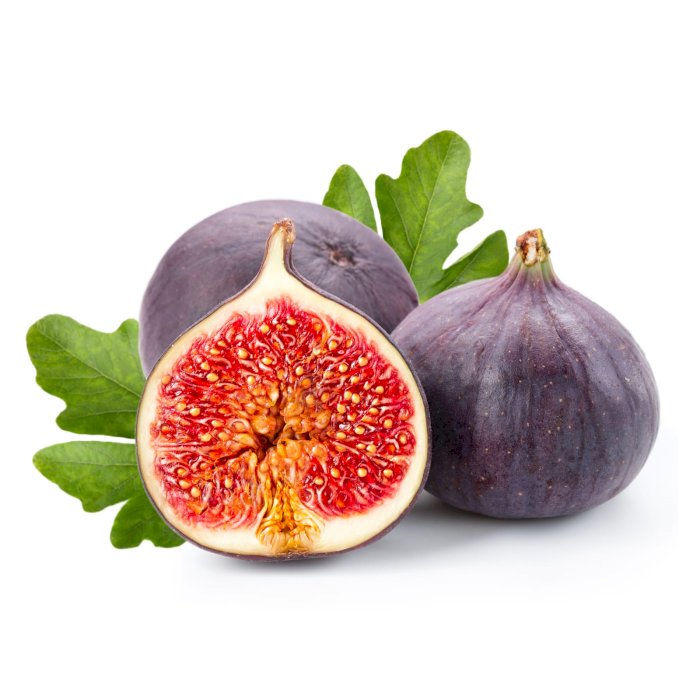

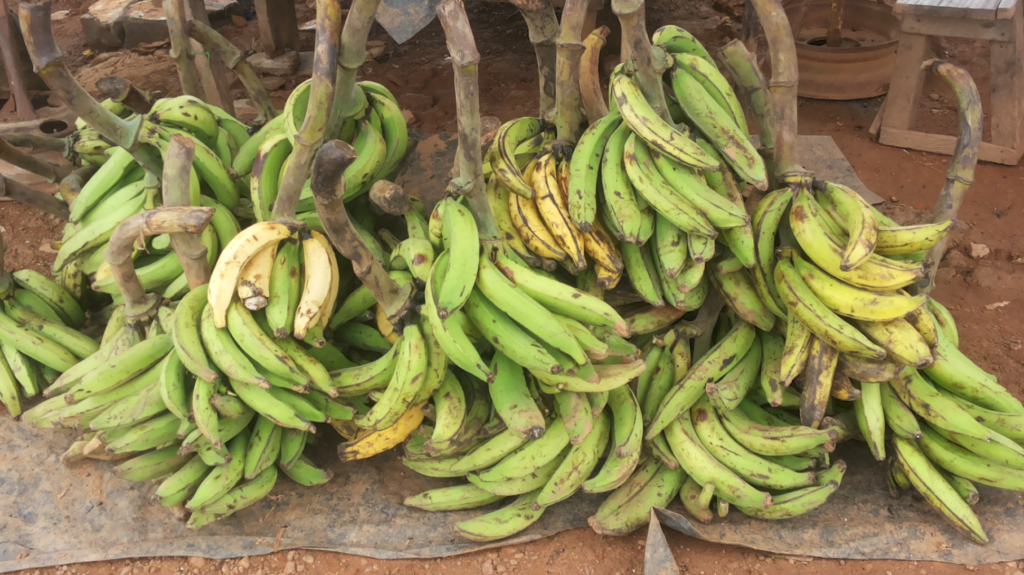
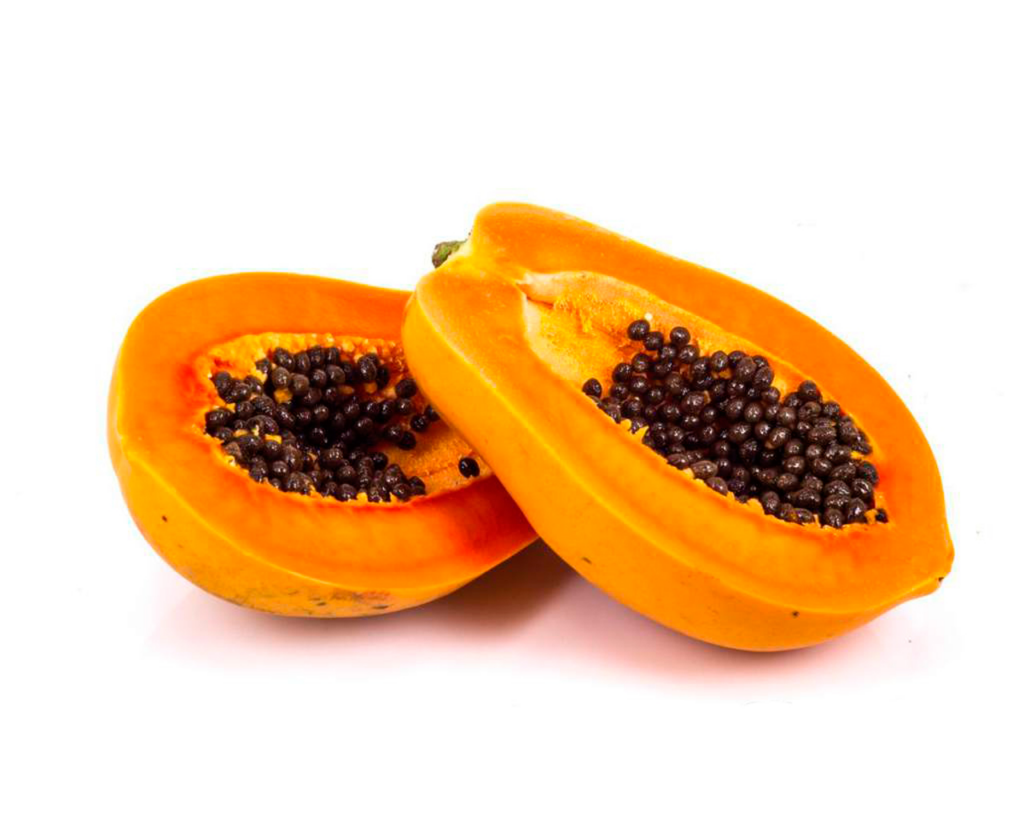
![Can Chickens Eat Blueberries? [Yes or No]](https://fruitonix.com/wp-content/uploads/2023/06/Screenshot-2023-06-22-7.25.29-PM.png)
